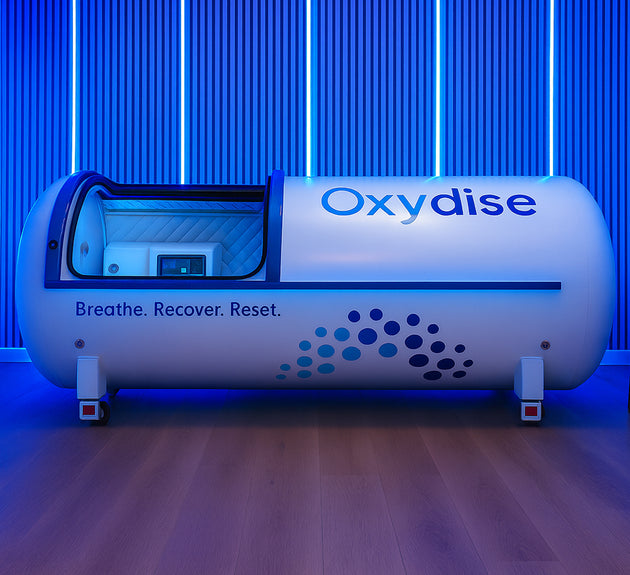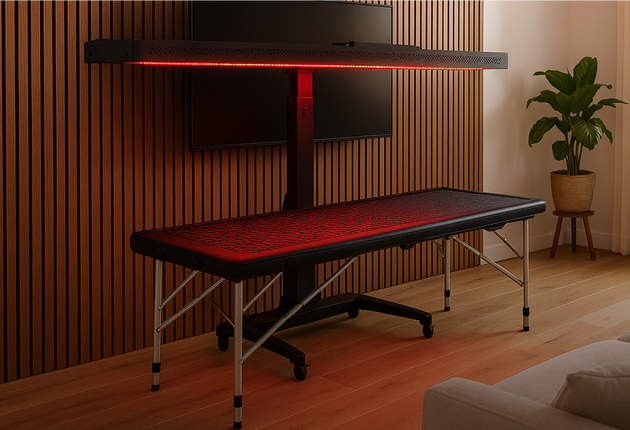Cancer treatment is a complex and challenging process, often requiring a combination of therapies to effectively target and destroy cancer cells. While chemotherapy and radiation are among the most common treatments, researchers are constantly looking for ways to improve their effectiveness and reduce side effects. Hyperbaric Oxygen Therapy (HBOT) has shown potential in making cancer cells more vulnerable to treatment.
One of the significant challenges in treating cancer is tumor hypoxia—a condition where cancer cells are deprived of sufficient oxygen. Tumor hypoxia can make cancer cells more resistant to treatments like chemotherapy and radiation, as these therapies often rely on oxygen to generate the reactive oxygen species that help kill cancer cells. This resistance can lead to poorer outcomes for patients.
A study published on PubMed explored how HBOT could influence cancer treatment, particularly in making tumors more responsive to therapy. The researchers focused on whether increasing oxygen levels in tumors through HBOT could help reduce tumor hypoxia and enhance the effectiveness of chemotherapy and radiation.
In the study, cancer cells were exposed to HBOT conditions, which involved increasing the pressure and oxygen levels for a set period. The researchers then evaluated the effects of this treatment on the cancer cells, particularly looking at how it impacted their growth and response to therapy.
The study found several promising effects of HBOT on cancer treatment:
- Reduction in Tumor Hypoxia: HBOT was effective in reducing the level of hypoxia in tumors. By increasing the amount of oxygen available to the cancer cells, HBOT made them more susceptible to treatment. This is crucial because many cancer therapies work better in oxygen-rich environments.
- Enhanced Effectiveness of Chemotherapy and Radiation: With reduced hypoxia, the cancer cells were more responsive to chemotherapy and radiation. This means that HBOT could potentially be used to boost the effectiveness of these traditional treatments, helping to kill more cancer cells and slow down tumor growth.
- Potential for Broader Applications: While the study focused on specific types of cancer cells, the findings suggest that HBOT could be beneficial across a range of cancer types. This broad applicability makes HBOT an exciting area of research in oncology.
For patients undergoing cancer treatment, HBOT could offer a new way to enhance the effectiveness of their therapy. By making cancer cells more vulnerable to chemotherapy and radiation, HBOT might help reduce the amount of treatment needed or improve the chances of treatment success. This could lead to better outcomes, fewer side effects, and potentially a shorter course of treatment.
For more detailed information on this study, you can explore the research further here.
















